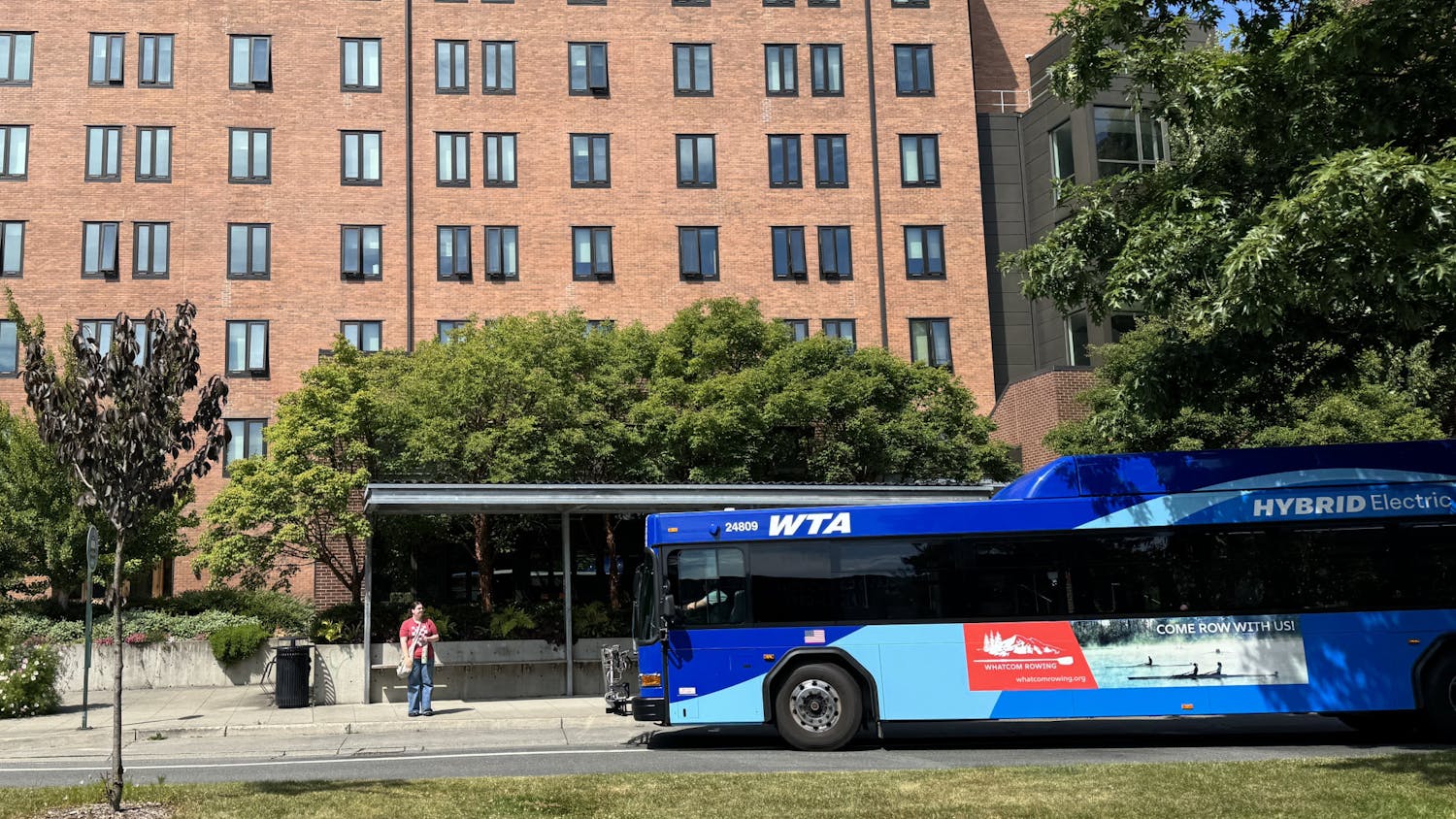By Alison Poppe
Western students who incurred expenses from the disruption of campus operations due to COVID-19 can apply for the CARES Act grant, a new federal program.
The Coronavirus Aid, Relief, and Economic Security Act was passed by congress and signed into law on March 27. In the act, the Higher Education Relief Fund directs the allocation of funds to higher education institutions to support students and institutions as they cope with the immediate effects of the COVID-19 pandemic.
Western applied for the federal CARES Act on April 21 and received $5.8 million to disburse to students who fill the eligibility requirements stated by the federal government in the act. To qualify, students must have incurred expenses from disruption of campus operations due to COVID-19, filed a FAFSA in 2019-20 or 2020-21 and are eligible to receive Federal Title IV student aid, are currently enrolled in a degree-seeking program and aren't currently in financial aid suspension, according to a Western Campus Advisory sent to students on May 1.
CARES funding comes as a direct deposit check to a student’s bank account, or as a mailed check. Funding does not affect a student’s financial aid this term, their eligibility in future years, and does not automatically apply to charges on their student account.
“The Financial Aid department is inviting students to apply for CARES funding via the online application on the Financial Aid website,” Paul Cocke, Western’s director of communications, said. “In addition, colleges and universities have been provided the authority to identify eligible students and provide funding without an application, provided of course that there is evidence that these students have incurred expenses related to disruption of campus operations due to coronavirus.”
Students who received a CARES grant without having filed an application are also eligible to inform Financial Aid of additional expenses by filing a CARES application.
The U.S. Department of Education recommended that Federal CARES grant funding not exceed $6,195, the amount of the maximum Federal Pell Grant. So far, the average grant that has been awarded to eligible students is $1,000, Cocke said.
McKenna Ball, a second-year student at Western, applied for the grant after her hours were reduced at her job at an urgent care facility and after leaving her on-campus job due to the transition to all online work.
“I applied for the CARES Act grant because I did not want to stress about money while also trying to adapt to online classes,” Ball said. “When I learned that WWU received $5.8 million, I knew I had to look into it. I don’t usually receive any financial aid, so I was hesitant that I would not qualify.”
Other students, such as Chloe Dodd, believe that the requirements are too restrictive to students.
“I was excited we got so much funding and then annoyed when they put so many caveats on it so students who are struggling to pay rent/keep up on classes/afford food can’t even receive the funding,” Dodd said.
If a student doesn’t meet the requirements set by the act, they are able to apply for the Student Emergency Fund, established by the Western Foundation to help alleviate or minimize unforeseen financial emergencies related to coronavirus.
Students can go to the Financial Aid Website, where they can check their eligibility for the award and apply via an online application form.





